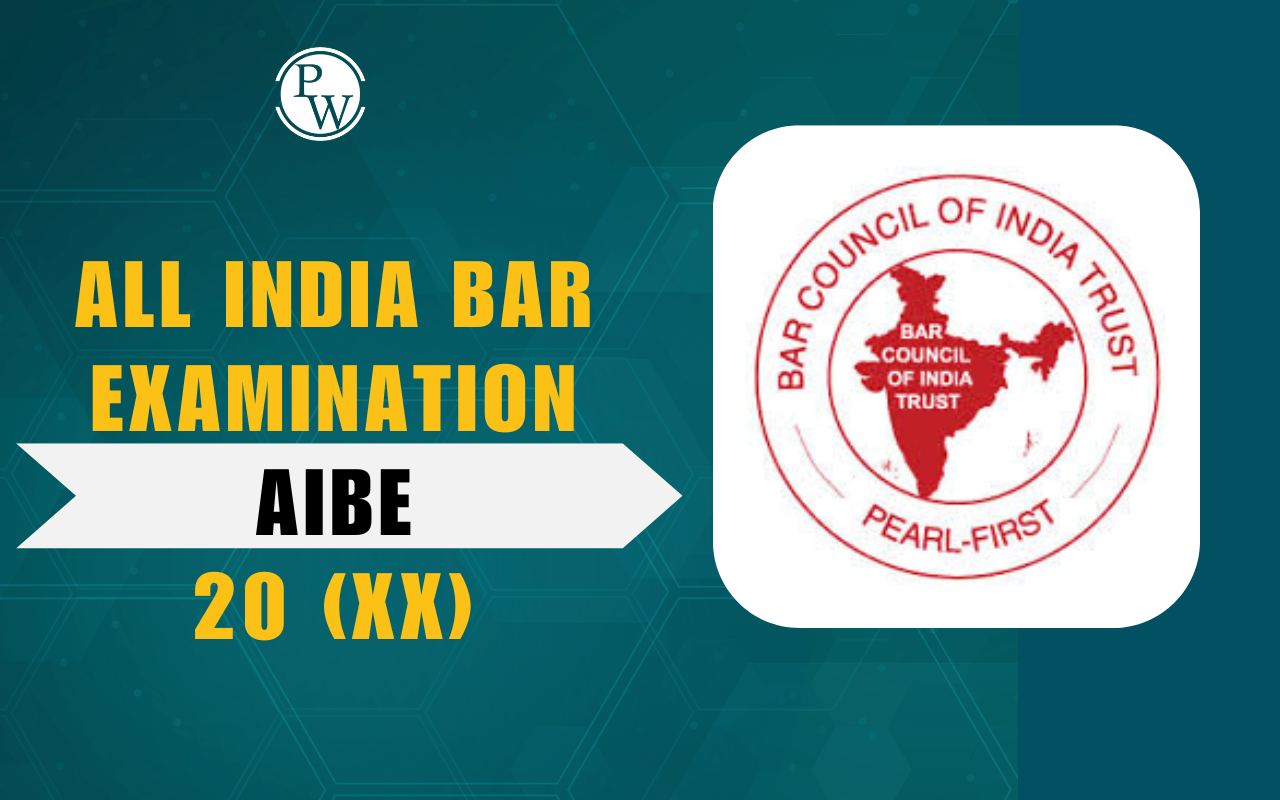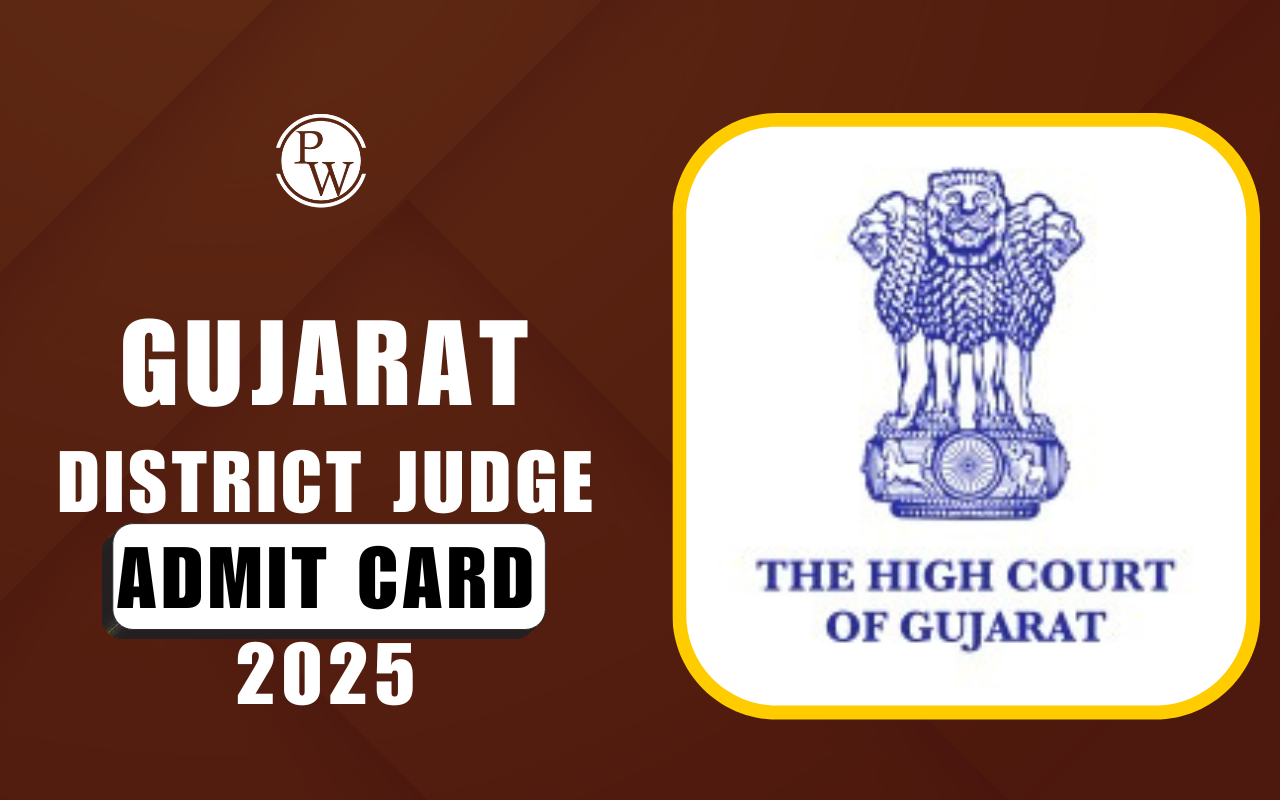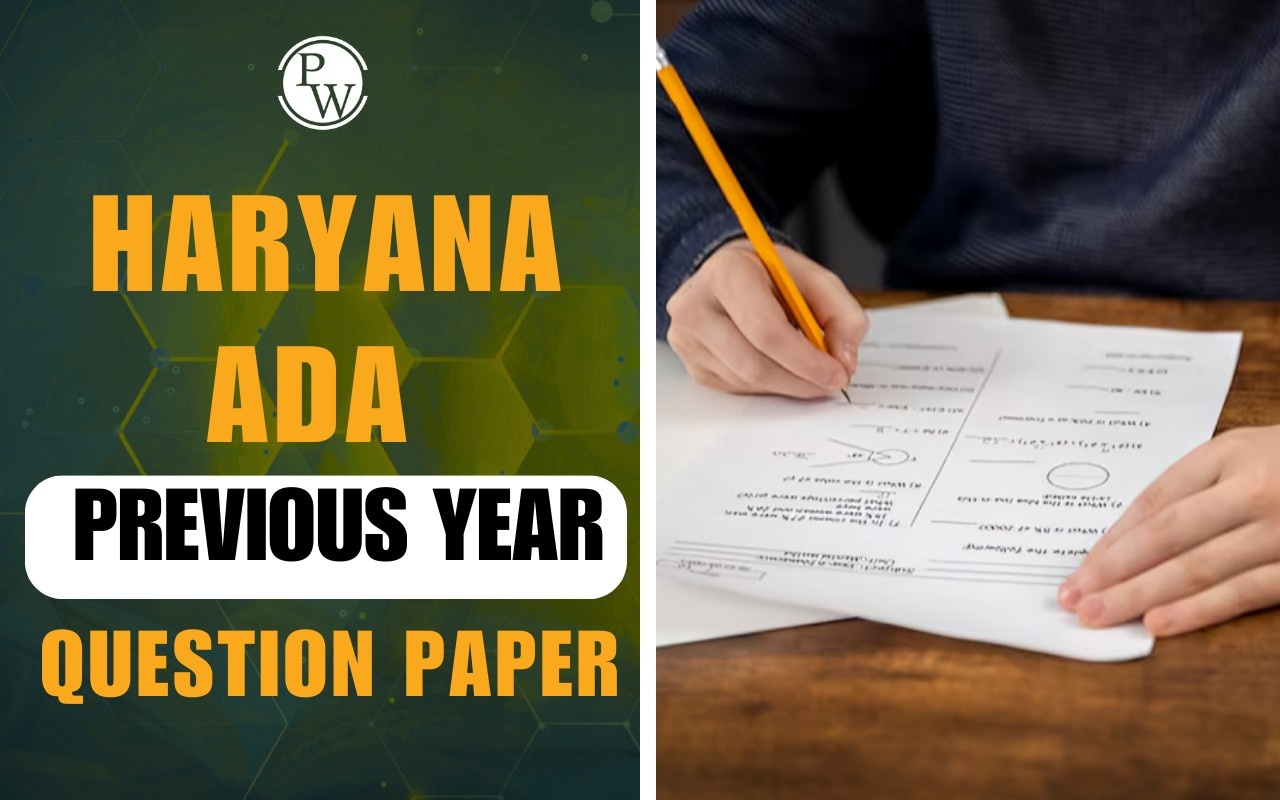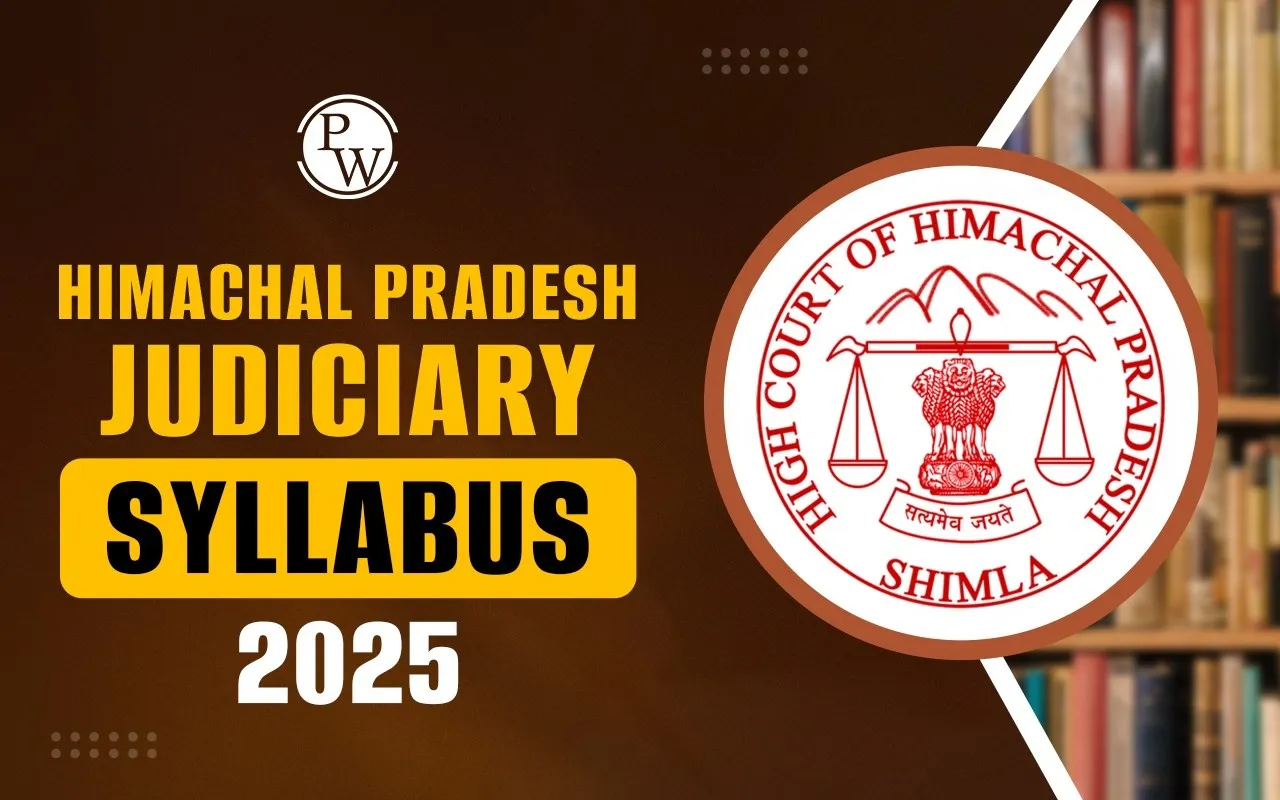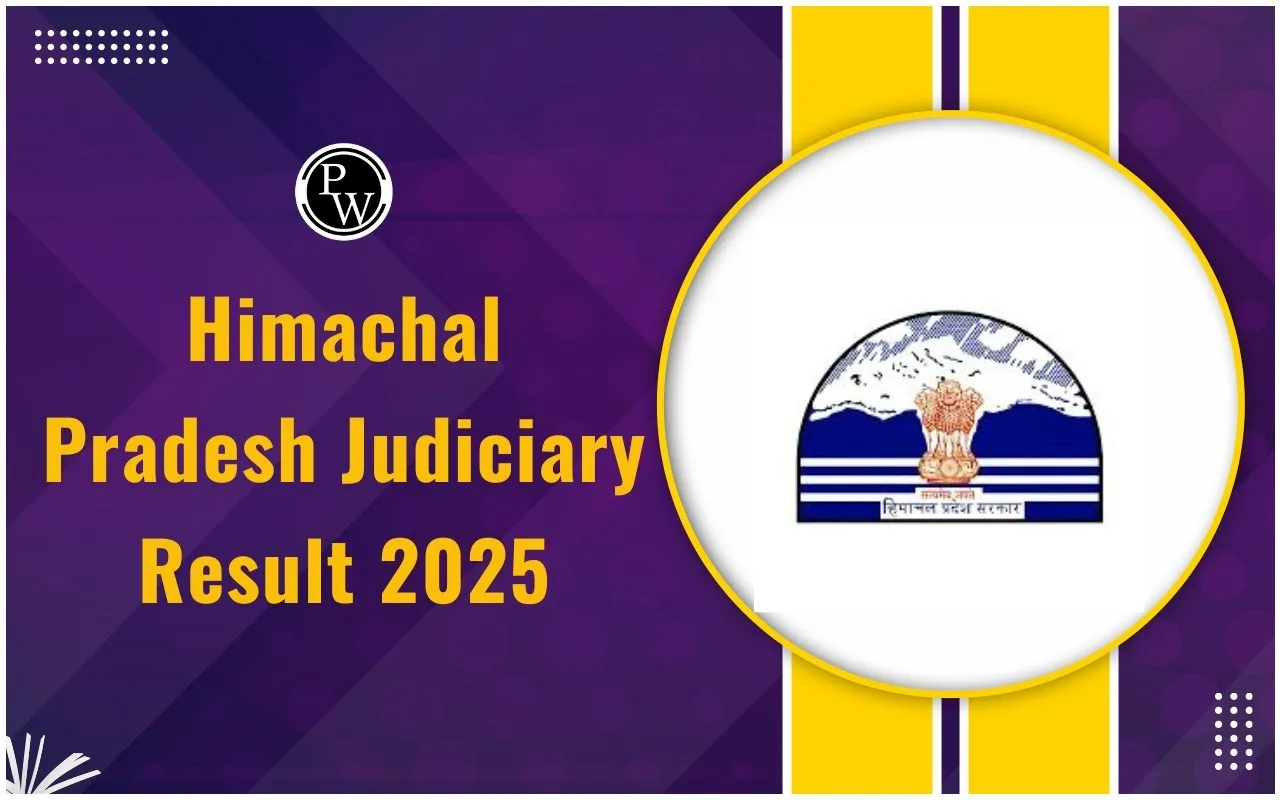
UP APO Syllabus 2025: The Uttar Pradesh Assistant Prosecution Officer (APO) exam is a prestigious competitive examination conducted by the Uttar Pradesh Public Service Commission (UPPSC). It is designed to recruit qualified law graduates for the role of Assistant Prosecution Officer in the state. Understanding the UP APO Syllabus 2025 is essential for candidates aiming to qualify for this esteemed position.
The Directorate of Prosecution Office has revised the syllabus for the UP APO Exam. Many new laws, including minor and major, have been included in the syllabus. All the revised patterns with the syllabus are given. Here we have mentioned the complete and updated UP APO Exam Syllabus below. This UP APO Syllabus 2025 overview provides a comprehensive breakdown of the syllabus for the Prelims, Mains, and Personality Test. It also highlights key exam patterns, preparation tips, and recommended books.
UP APO Syllabus 2025 Overview
The Uttar Pradesh Public Service Commission (UPPSC) released the detailed UP APO Recruitment 2025 Notification PDF on 16 September 2025 with 182 vacancies, detailing the number of vacancies, application process, eligibility criteria, selection process, and exam pattern.
The UP APO Syllabus 2025 is divided into three major stages: the Preliminary Examination, the Mains Examination, and the Personality Test. Each stage assesses different competencies, with the preliminary exam focusing on general awareness and law knowledge, the mains exam testing deeper legal knowledge and writing ability, and the personality test evaluating the candidate's suitability for the role.
Key Stages of the UP APO Exam 2025
-
Prelims
-
Mains
-
Interview (Personality Test)
Each stage plays an important role in determining the final selection of candidates. Below is an in-depth analysis of the UP APO Syllabus 2025 for each stage.
|
UP APO Syllabus 2025 Overview |
|
|
Name of Exam |
Uttar Pradesh Assistant Prosecution Officer (UP APO) |
|
Conducting Body |
Uttar Pradesh Public Service Commission (UPPSC) |
|
Minimum Qualification |
Law Degree (LLB) |
|
Age Limit |
21 - 40 years (Relaxation for reserved categories) |
|
Key Stages |
Prelims, Mains, and Interview |
|
Mode of Application |
Online |
|
Mode of Exam |
Offline |
|
Official Website |
|
UP APO Syllabus 2025 (Prelims)
The Preliminary Examination is the first stage of the UP APO recruitment process. It is designed to assess a candidate's general knowledge and understanding of law. The Preliminary Examination serves as the first stage of selection. It consists of two sections, namely General Knowledge and Law, carrying a total of 150 marks:
Part I: General Knowledge (50 Marks)
-
General Science
-
Current Events of National & International
-
ImportanceHistory of India
-
Indian National Movement
-
Indian Polity & Economy
-
World Geography and Population
Part II: Law (100 Marks)
-
The Bharatiya Nyaya Sanhita, 2023
-
The Bharatiya Sakshya Adhiniyam, 2023
-
The Bharatiya Nagarik Suraksha Sanhita, 2023
- U.P. Police Act and Regulations
- Indian Constitution
UP APO Syllabus 2025 Mains
Candidates who qualify in the Preliminary Examination move on to the Mains Examination, which is descriptive in nature. It aims to test the candidates' critical thinking, writing skills, and comprehensive knowledge of law. The Mains Exam consists of six papers, with each paper carrying 100 marks, making a total of 500 marks:
-
General Hindi- 100 Marks
-
General English- 50 Marks
-
General Knowledge- 50 Marks
-
Criminal Law & Procedure - 100 Marks
- Shakshya Adhiniyam- 100 Marks
- Anya Adhiniyam- 100 Marks
General Knowledge Syllabus
-
Indian Culture
-
Environment and Ecology
-
Botany and Zoology
-
Indian Economy
-
Indian Politics
-
Basic Computer Awareness
-
Famous Days & Dates
-
Chemistry, Physics, Geography, and History
-
Sports and Indian Parliament
General Hindi Syllabus
-
Substitution, Passage Completion, and Spotting Errors
-
Transformation, Antonyms, Joining Sentences
-
Sentence Arrangement, Para Completion, Idioms, and Phrases
-
Sentence Improvement, Active and Passive Voice
-
Synonyms, Fill in the blanks, Spelling Test
-
Prepositions, Error Correction, Sentence Completion
Criminal Law & Procedure
- The Bharatiya Sakshya Adhiniyam, 2023
- The Bharatiya Nagarik Suraksha Sanhita, 2023
- U.P. Police Act and Regulations
- Indian Constitution
Anya Adhiniyam
-
- Arms Act, 1959
- Protection of Children from Sexual Offences, 2012
- Dowry Prohibition Act, 1961
- Schedule Caste and Scheduled Tribes (Prevention of Atrocities) Act, 1989
- Prevention of Corruption Act, 1988
- Information and technology Act, 2000
- Explosive Act, 1884
- Prevention of Damage to Public Property Act, 1984
- Essential Commodities Act, 1955
- Uttar Pradesh Control of Goondas Act, 1970
- Uttar Pradesh Gangsters and Anti-Social Activities (Prevention) Act, 1986
- Uttar Pradesh Prevention of Cow Slaughter Act, 1955
- Uttar Pradesh Prohibition of Unlawful Conversion of Religion Act, 2021
- Unlawful Activities (Prevention) Act, 1967
- Uttar Pradesh Public Examinations (Prevention of Unfair Means) Act, 2024
- Foreign Affairs Act, 1946
Personality Test Syllabus 2025 (Interview)
After clearing the Mains Examination, candidates are called for a Personality Test (Interview). This carries a weightage of 50 marks. The interview panel evaluates candidates based on:
-
Legal Knowledge
-
Problem-Solving Ability
-
Communication Skills
-
Personality & Character
-
Overall Suitability for the Role
The final merit list is prepared based on the combined scores of Mains and the Personality Test.
UP APO Syllabus 2025 Download PDF
The UP APO Syllaus 2025 has been released by UPPSC. The syllabus is revised from previous year pattern, download the new syllabus & exam pattern for UP APO Exam preparation 2025. Candidates should start the preparation before the exam. The UPPSC APO Syllaus 2025 pdf is mentioned below for the ease of candidates.
UP APO Exam Pattern 2025
The UP APO Exam Pattern 2025 consists of three major stages: Preliminary Examination, Mains Examination, and Interview (Personality Test). Each stage tests different aspects of a candidate’s knowledge, analytical skills, and legal aptitude. Below is a stage-wise breakdown of the exam pattern.
UP APO Prelims Exam Pattern 2025
The Preliminary Examination is an objective-type test designed to evaluate a candidate’s general awareness and legal knowledge. It consists of two sections: General Knowledge and Law.
| UP APO Prelims Part-I | |
| Topics | Marks / No. of Questions |
| General Science | 08 |
| Current Events of National & International Importance | 10 |
| History of India | 08 |
| Indian National Movement | 08 |
| Indian Polity & Economy | 08 |
| World Geography and Population | 08 |
| Total Questions | 50 |
| UP APO Prelims Part-II | |
| Topics | Marks / No. of Questions |
| The Bharatiya Nyaya Sanhita, 2023 | 30 |
| The Bharatiya Sakshya Adhiniyam, 2023 | 20 |
| The Bharatiya Nagarik Suraksha Sanhita, 2023 | 25 |
| U.P. Police Act and Regulations | 15 |
| Indian Constitution | 10 |
| Total Questions | 100 |
UP APO Mains Exam Pattern 2025
The Mains Examination is a descriptive test aimed at assessing a candidate’s in-depth knowledge of legal subjects and writing abilities. It consists of four papers, each carrying 100 marks.
|
UP APO Mains Exam Pattern 2025 |
||
|
Paper |
Marks |
Duration |
|
General Hindi |
100 |
3 Hours |
|
General English |
50 |
3 Hours |
|
General Knowledge |
50 |
3 Hours |
|
Criminal Law and Procedure |
100 |
3 Hours |
|
Shakshya Adhiniyam |
100 |
3 Hours |
|
Anya Adhiniyam |
100 |
3 Hours |
|
Total |
500 |
|
UP APO Interview (Personality Test) Pattern 2025
The Personality Test (Interview) is the final stage of the selection process. It evaluates a candidate’s overall personality, communication skills, legal acumen, and suitability for the role of Assistant Prosecution Officer.
|
UP APO Interview (Personality Test) Pattern 2025 |
|
|
Stage |
Marks |
|
Interview (Personality Test) |
50 |
The final merit list is prepared based on marks obtained in the Mains Examination and Interview, while the Prelims are qualifying in nature.
UP APO Syllabus 2025 Preparation Tips
To qualify for the UP APO Exam 2025, candidates must adopt a well-structured study plan. Focusing on key subjects, practising writing skills, and staying updated on current affairs will enhance preparation. Here are some essential tips:
-
Understand the Syllabus Thoroughly: Go through the UP APO Syllabus 2025 carefully for both the Prelims and Mains exams. Familiarizing yourself with the topics covered in each paper will help in organizing your preparation effectively.
-
Time Management: Since the exam covers a vast syllabus, time management is crucial. Allocate specific time slots for different subjects and revise regularly.
-
Focus on Law Topics: Given the nature of the job, a strong command over criminal law, the Indian Penal Code, and the Criminal Procedure Code is essential for success.
-
Current Affairs: Stay updated on national and international news. Regularly reading newspapers, magazines, and watching the news will help in stay informed about the latest events.
-
Practice Writing: As the Mains Examination consists of descriptive-type questions, regular writing practice is important. Focus on improving writing skills and presenting ideas in a clear and structured manner.
UP APO Syllabus 2025 Preparation Books
To prepare effectively for the UP APO Syllabus 2025, candidates must refer to reliable books and resources. Here are some recommended books:
-
General Knowledge:
-
"Manorama Yearbook" for Current Affairs and General Knowledge.
-
"Lucent’s General Knowledge" for a comprehensive overview of various subjects.
-
-
Law Subjects:
-
"Indian Penal Code" by K.D. Gaur.
-
"Criminal Procedure Code" by R.V. Kelkar.
-
"Indian Evidence Act" by M.N. Mishra.
-
-
General Hindi:
-
"High School Hindi" by V.K. Sinha for grammar and writing practice.
-
-
General Science & Current Affairs:
-
"Science and Technology in India" by Kalpana Rajaram for science topics.
-
Daily newspapers and current affairs magazines for staying updated.
-
Conclusion
The UP APO Syllabus 2025 requires a structured and methodical approach to preparation. By understanding the exam pattern, focusing on relevant subjects, and following effective preparation tips, candidates can perform well in both the Prelims and Mains stages. Proper study materials, consistent practice, and staying updated on current affairs are key to cracking the exam and securing the position of Assistant Prosecution Officer in Uttar Pradesh.
Explore the Judiciary Courses 2025 to access essential resources for Judiciary exam preparation, including detailed insights and strategies. Dive into the Judiciary 2025 for structured courses and focused study plans designed to help aspirants excel in their exams.
UP APO Syllabus 2025 FAQs
What is the exam pattern of UP APO 2025?
How many papers are there in UP APO Mains?
Is there negative marking in UP APO Prelims?
What are the key subjects in UP APO Prelims?
Which books are best for UP APO preparation?
What is the duration of the UP APO Mains exam?





